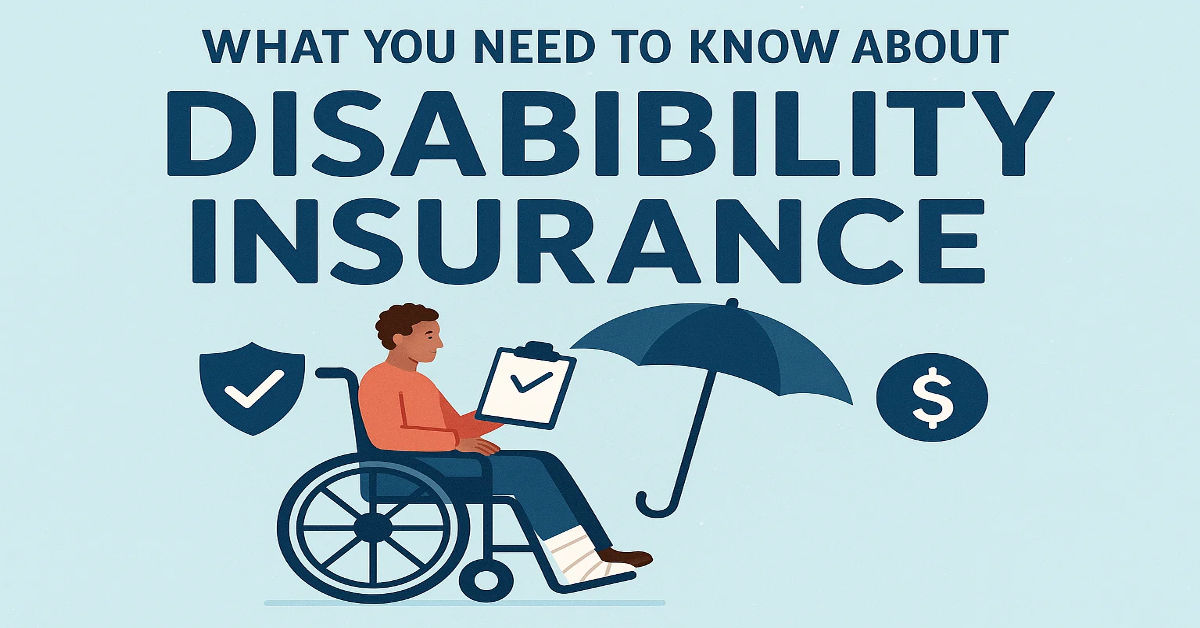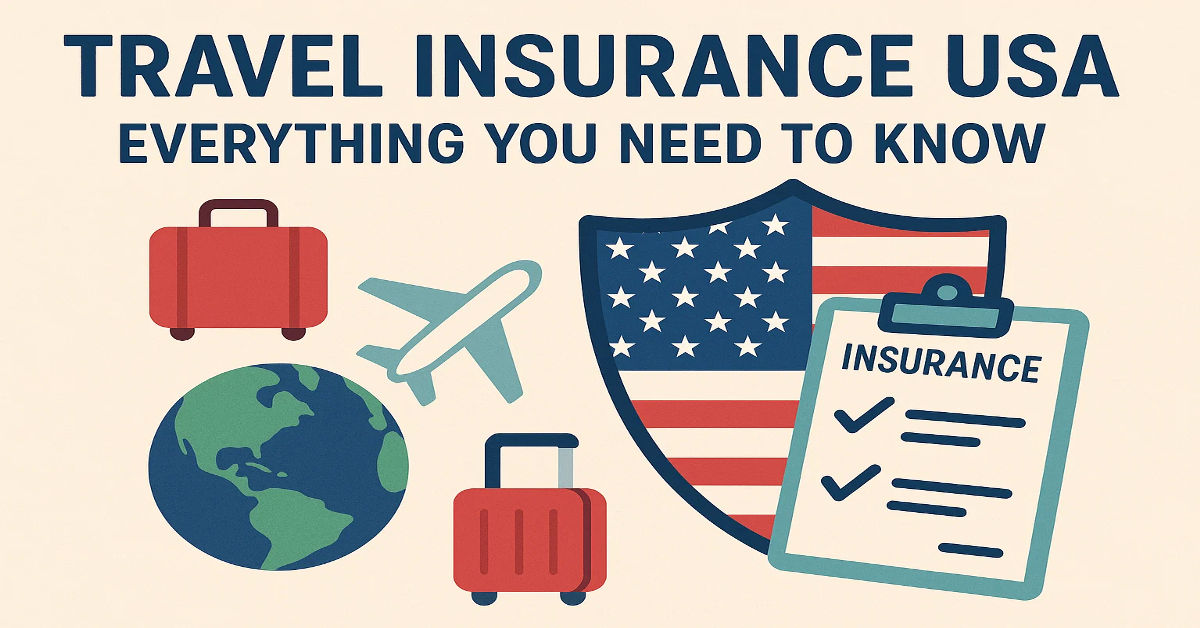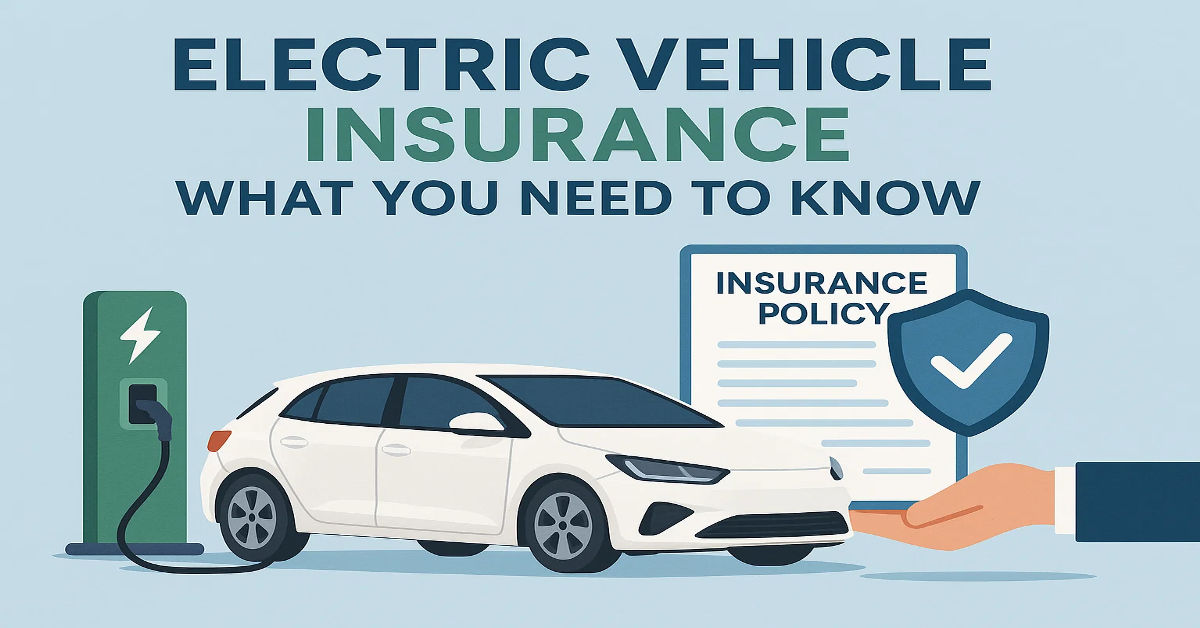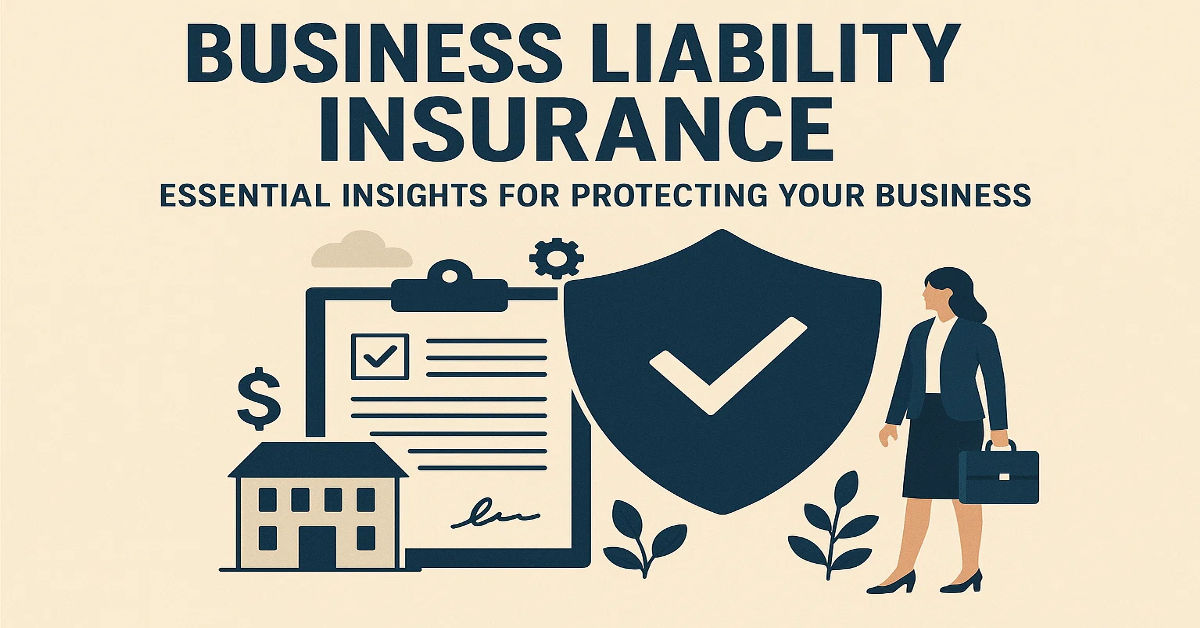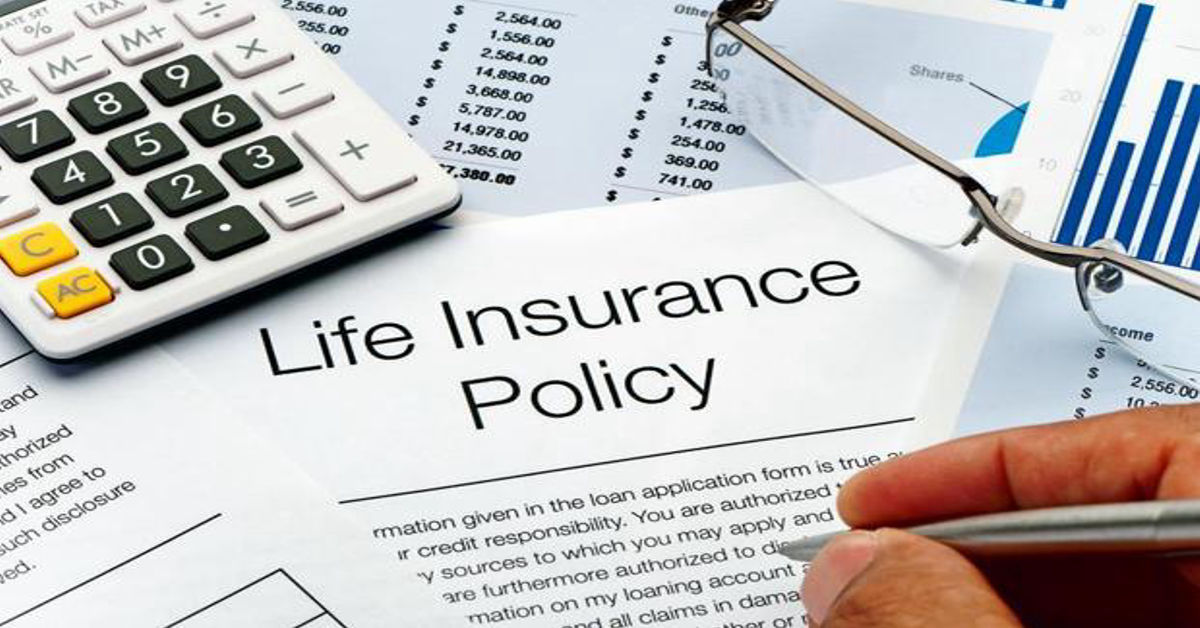
Home insurance is essential for homeowners, but the cost can sometimes feel overwhelming. If you’re looking for ways to protect your home without breaking the bank, you’re in the right place. This guide will walk you through everything you need to know about finding cheap home insurance, offering insights and tips to help your secure quality coverage at an affordable price.
Why Home Insurance Matters
Home insurance isn’t just a safety net it’s a vital investment in your future. It protects your home and personal belongings from unexpected disasters or incidents like fires, theft, or natural disasters. Without it, you’re left to shoulder these financial burdens alone. Finding an affordable insurance plan ensures both peace of mind and budgetary balance.
Factors That Affect Home Insurance Costs
Understanding what influences your insurance costs can help you make informed decisions. Here are some key factors that insurance companies consider when setting premiums:
- Location: Homes in areas prone to natural disasters or high crime rates typically cost more to insure.
- Home Value and Materials: Larger homes or those built with costly materials may require higher coverage limits.
- Credit Score: A higher credit score often leads to lower premiums.
- Claims History: If you’ve filed past claims, it can increase your insurance rate.
- Deductible Amount: Opting for a higher deductible often reduces your monthly premium.
Tips for Finding Insurance
Looking for cheap home insurance doesn’t mean sacrificing important coverage. Here are strategies to keep costs down while still protecting your home adequately:
- Compare Quotes: Shop around by getting quotes from different insurers. Rates can vary widely, even for the same level of coverage.
- Bundle Policies: Many insurers offer discounts if you bundle your home and auto insurance.
- Raise Your Deductible: A higher deductible can significantly lower your premium, but ensure it’s an amount you can afford to pay in an emergency.
- Home Improvements: Installing safety features like smoke detectors, security systems, and storm shutters can lead to discounts.
- Review Coverage Regularly: Update your policy to remove unnecessary add-ons or ensure adequate coverage for renovations.
Understanding Policy Coverage
When shopping for insurance, it’s important to look beyond the price tag. A low-cost policy that doesn’t provide adequate coverage could cost you more in the long run. Standard policies typically include:
- Dwelling Coverage: Protects the structure of your home.
- Personal Property Coverage: Covers personal belongings like furniture and electronics within certain limits.
- Liability Coverage: Helps pay legal and medical costs if someone is injured on your property.
- Additional Living Expenses: Covers temporary living costs if your home becomes uninhabitable due to a covered incident.
Always review coverage limits and exclusions before committing to a policy.
Discounts to Ask For
Several insurers offer discounts that can make home insurance more affordable. Ask your provider about:
- Loyalty Discounts: Offered to long-term policyholders.
- Claims-Free Discounts: If you’ve avoided filing claims for several years, you may qualify for a lower rate.
- New Customer Discounts: Some companies provide a discount when you switch to them from a competitor.
- Energy Efficiency Discounts: Eco-friendly upgrades, like solar panels, can lead to savings.
Common Mistakes to Avoid
When searching for cheap home insurance, it’s easy to make mistakes that could end up costing you more. Avoid these common pitfalls:
- Underinsuring Your Home: Cutting coverage to save money can leave you vulnerable in a disaster.
- Ignoring the Fine Print: Policies with rock-bottom premiums might exclude crucial coverage options.
- Overclaiming: Filing unnecessary claims can increase your premiums long-term.
Take time to understand your policy and balance affordability with comprehensive protection.
How to Compare Insurance Quotes Effectively
When comparing quotes, pay attention to more than just the premium price. Look at the following elements to make a fair comparison:
- Deductibles: Make sure deductibles are the same across quotes for accurate comparisons.
- Coverage Limits: Ensure all quotes provide the same level of coverage.
- Exclusions: Review what’s not covered in each policy.
Using online tools or working with an insurance broker can simplify the comparison process.
How Technology Can Save You Money
Technology is changing the insurance game, offering new ways to save money. Here’s how tech helps bring down costs:
- Usage-Based Discounts: Some insurers use smart home devices to track usage and offer rewards for safety practices.
- Online-Only Policies: Direct-to-consumer models eliminate agent fees, which could lower premiums.
- Mobile Apps: Apps make it easy to manage coverage or file claims, often leading to efficiency savings.
Finding Affordable Insurance Without Compromise
Securing cheap home insurance doesn’t mean settling for less. By understanding factors affecting insurance costs and using strategic tools, you can protect your home affordably. Remember, the cheapest option isn’t always the best choose a policy that balances cost with comprehensive coverage to avoid costly surprises later.
FAQs
1. How can I lower my home insurance costs without reducing coverage?
Increase your deductible, bundle policies, or install safety features to qualify for discounts.
2. Does cheap insurance cover everything?
Not necessarily. Always check policy exclusions to ensure essential events are covered.
3. What is the average cost of home insurance in the U.S.?
Costs vary depending on location, home size, and other factors, but the national average is approximately $1,300 annually.
4. How do I know if I’m underinsured?
Compare your coverage limits to your home’s estimated rebuild cost. Failure to match or exceed this value means you may be underinsured.
5. Are online insurance quotes reliable?
Yes, but ensure they come from credible sources. Always verify coverage details before committing to a policy.


